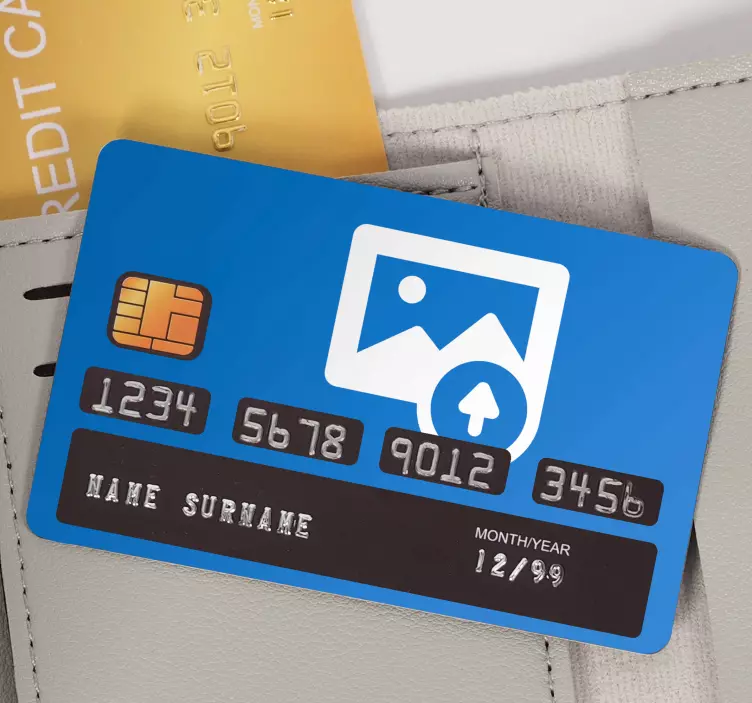Credit cards have become an essential financial tool in many parts of the world, helping people manage payments, access emergency funds, and build their credit history. In developed countries, they are widely used for daily transactions, online purchases, and as a line of credit for emergencies. But is Nigeria ready for a credit card market? Could credit cards thrive in the current economic and social landscape of the country? Let’s explore.
The Untapped Potential of Nigeria’s Market
Nigeria, with its booming population of over 220 million people, is a fertile ground for financial products. The majority of working-age Nigerians are employed either in formal jobs or are self-employed in the informal sector. As a nation with one of the largest youth populations globally, there is a strong demand for modern financial services that can facilitate easier payments and provide access to credit.
The appeal of a credit card is straightforward: it offers a flexible way to pay, especially for consumers who may not always have cash on hand. It also provides a means of short-term credit, which can be repaid over time. This can be particularly valuable in a country where many people live paycheck to paycheck or have inconsistent income streams. A well-structured credit card market in Nigeria could unlock numerous benefits, including increased purchasing power for consumers and a more robust retail sector.
Challenges of the Current Loan Market in Nigeria
Despite the potential, there are significant challenges facing the adoption of credit cards in Nigeria. The country’s existing loan market has been fraught with issues. Over the past few years, we have seen a surge of loan apps and loan sharks offering short-term loans to Nigerians. However, these services have often come with exorbitant interest rates and aggressive debt collection practices.
One of the biggest problems has been the lack of proper background checks and risk assessments. Many lenders, eager to cash in on the market’s potential, have been reckless in their credit approvals. As a result, default rates have soared. When borrowers fail to repay, loan sharks resort to harassment tactics, including shaming customers publicly, sending threatening messages, and contacting their personal contacts. This has created a toxic environment, undermining trust in the loan industry and deterring responsible borrowers who might otherwise benefit from access to credit.
This experience has left a sour taste in the mouths of many Nigerians, making it challenging for new credit products to gain acceptance. The issue isn’t that Nigerians don’t want or need credit; it’s that they have become wary of predatory lending practices.
A Path Forward for Credit Card Companies
For credit cards to succeed in Nigeria, they must learn from the pitfalls of the current loan market.
Here’s how they can navigate these challenges:
- Rigorous Background Checks and Credit Assessments: One of the main reasons for the high default rates in the loan market is the lack of comprehensive background checks. For credit cards to thrive, issuers need to implement robust credit assessment procedures. This includes analyzing the average income of potential customers, employment stability, and existing debt obligations. Leveraging data from the banking sector, telecommunications, and utility companies could provide a clearer picture of a customer’s creditworthiness.
- Building Trust Through Transparency: Trust is a crucial element in financial services. Credit card companies need to operate with transparency, clearly communicating their terms, interest rates, and fees. Hidden charges and confusing terms have been a significant source of frustration for loan customers in Nigeria. By simplifying the process and providing clear, upfront information, credit card providers can build a reputation for fairness.
- Offering Competitive Interest Rates and Low APRs: One of the advantages of credit cards in developed markets is their low interest rates, especially when compared to payday loans or loan shark offerings. Nigerian customers are likely to be more receptive to credit cards if they offer reasonable interest rates and APRs (Annual Percentage Rates). Promotional offers, such as zero-interest periods for new users, can also help attract customers.
- Education and Financial Literacy Campaigns: For many Nigerians, credit cards are still a relatively new concept. There is a need for widespread financial education to help potential users understand how credit cards work, the importance of timely repayments, and how to use them responsibly. Financial literacy campaigns can demystify credit cards and help consumers make informed decisions, reducing the risk of defaults and misuse.
- Integration with Digital Payment Systems: The rise of fintech and digital payment platforms in Nigeria presents an opportunity for credit card companies. By partnering with popular mobile payment apps and integrating with existing digital wallets, credit card issuers can tap into a tech-savvy customer base. This also allows for seamless and convenient transactions, further driving adoption.
- Improving Collection Practices: The aggressive tactics used by loan sharks have damaged the reputation of the credit industry in Nigeria. Credit card companies need to establish ethical and professional collection practices. Automated reminders, flexible repayment plans, and early intervention strategies can help reduce defaults while maintaining a positive relationship with customers.
Conclusion: A Lucrative Opportunity with the Right Strategy
The potential for a credit card market in Nigeria is enormous, given the large population and the increasing demand for modern financial services. However, success is contingent on addressing the current challenges in the loan market and implementing a strategy that prioritizes transparency, rigorous credit assessments, and customer education.
With the right approach, credit cards could not only thrive in Nigeria but also transform the financial landscape, providing millions of Nigerians with access to credit, enhancing purchasing power, and stimulating economic growth. It’s a matter of learning from past mistakes and applying a tailored strategy that understands the unique dynamics of the Nigerian market.
In the end, the question isn’t whether Nigeria is ripe for credit cards—it’s whether the financial institutions are ready to offer a product that fits the needs and realities of the Nigerian consumer.
By Sam Oji jr.





